CONTACTAbout UsCAREER OPPORTUNITIESADVERTISE WITH USPRIVACY POLICYPRIVACY PREFERENCESTERMS OF USELEGAL NOTICE
© 2025 Equal Entertainment LLC.
All Rights reserved
All Rights reserved
By continuing to use our site, you agree to our Privacy Policy and Terms of Use.
We need your help
Your support makes The Advocate's original LGBTQ+ reporting possible. Become a member today to help us continue this work.
Your support makes The Advocate's original LGBTQ+ reporting possible. Become a member today to help us continue this work.
Over the weekend, CNN aired a documentary following Susan Stanton's life after Largo, Fla.'s city council fired her as the city manager. This happened when her plans to transition from male to female were revealed in the local press, not due to poor job performance. The reactions to Her Name Was Steven have been as varied as the people who feel they are stakeholders in the issues it presents. Journalists who attempt to cover LGBT people and issues must know in advance there will be members of the community who feel ill-served by their completed work. Those journalists who continue to make the effort to cover these stories and issues have my respect and thanks.
In general, the film seemed to convey an honest portrait of Stanton's experience. Even though I became acquainted with her during this period, I can't imagine what it must have been like to work through her transition under the intense media spotlight that surrounded her following her public dismissal. The film methodically shows many of the typical scenes that seem to be part of the formula used to tell any transgender person's story. The "before" and "after" photos, testimony from many of the person's closest friends about how surprised they were to learn of the transgender person's "secret," and, of course, the mention of suicidal thoughts. Because Stanton's story became a news event, some of that formula was inevitable.
But we also see how the national media attention surrounding Stanton propelled her into the role of spokesperson for the larger transgender community. Expecting her take on that responsibility was like if I had asked my daughter to speak for international women's issues. The film shows how unfair it was for all concerned, and how uncomfortable it was for Stanton.
It is only at the end of the film we learn Stanton has regained her professional standing after her two-year search. I can't help but wonder if that hopeful result is the most compelling part of her story. In the film, it is only conveyed in a brief title card at the end of the two-hour broadcast.
I remember hearing Oprah describe a time when people of color were so starved for images of themselves on television that they would call friends and family whenever a broadcast included any images at all -- no matter how weak, or trite, or false. Until recently this was also true of many LGBT people.
While that has arguably improved for some segments of our community, I believe we can do better. The first step is to speak up. How can we hold others accountable for things we do not discuss freely ourselves? The LGBT community is rich, varied, and beautiful. The most interesting things about transgender people have nothing to do with the medical procedures they undergo. Rather, it is the journey taken to realize and fully embrace an authentic life. That is something everyone can relate to in some way.
As a mother, my concerns are for young people who may be discouraged by the overwhelming volume of stories showing only the pain and difficulty of seeking one's authentic self. Some young LGBT people don't see enough examples of socially integrated adults like themselves. As a result they may not have the hope of a constructive future to motivate their choices. Choices to complete an education, to build family, or simply guard their own safety.
When we as media professionals exclusively repeat the same narrative of transgender people as upper-middle class, white, and hurting the wives they leave behind, we not only miss out on rich and vibrant stories, we may be furthering a myth about what a transgender person's experience is.
From our Sponsors
Most Popular
Bizarre Epstein files reference to Trump, Putin, and oral sex with ‘Bubba’ draws scrutiny in Congress
November 14 2025 4:08 PM
True
Jeffrey Epstein’s brother says the ‘Bubba’ mentioned in Trump oral sex email is not Bill Clinton
November 16 2025 9:15 AM
True
Watch Now: Pride Today
Latest Stories
Is 'Heated Rivalry' based on a true story? Yes...sort of
December 08 2025 5:01 PM
FBI agents fired for kneeling at George Floyd protest sue Kash Patel and other officials
December 08 2025 4:46 PM
Colin Allred targets first LGBTQ+ congresswoman from Texas for House seat as Jasmine Crockett runs for Senate
December 08 2025 4:00 PM
True
There are no out NHL players. Could 'Heated Rivalry' change that?
December 08 2025 3:26 PM
World Cup LGBTQ+ Pride Match will feature two countries where being gay is illegal
December 08 2025 1:33 PM
Marjorie Taylor Greene says Trump was 'extremely angry' over vote to release Epstein files
December 08 2025 11:58 AM
Cynthia Erivo makes Golden Globes history with second nomination
December 08 2025 11:48 AM
Another University of Oklahoma instructor suspended in biblical psychology paper grading controversy
December 08 2025 10:01 AM
The next out member of Congress may be a gay man from Utah
December 08 2025 7:00 AM
Opinion: When museums go silent, erasure speaks louder
December 08 2025 6:00 AM

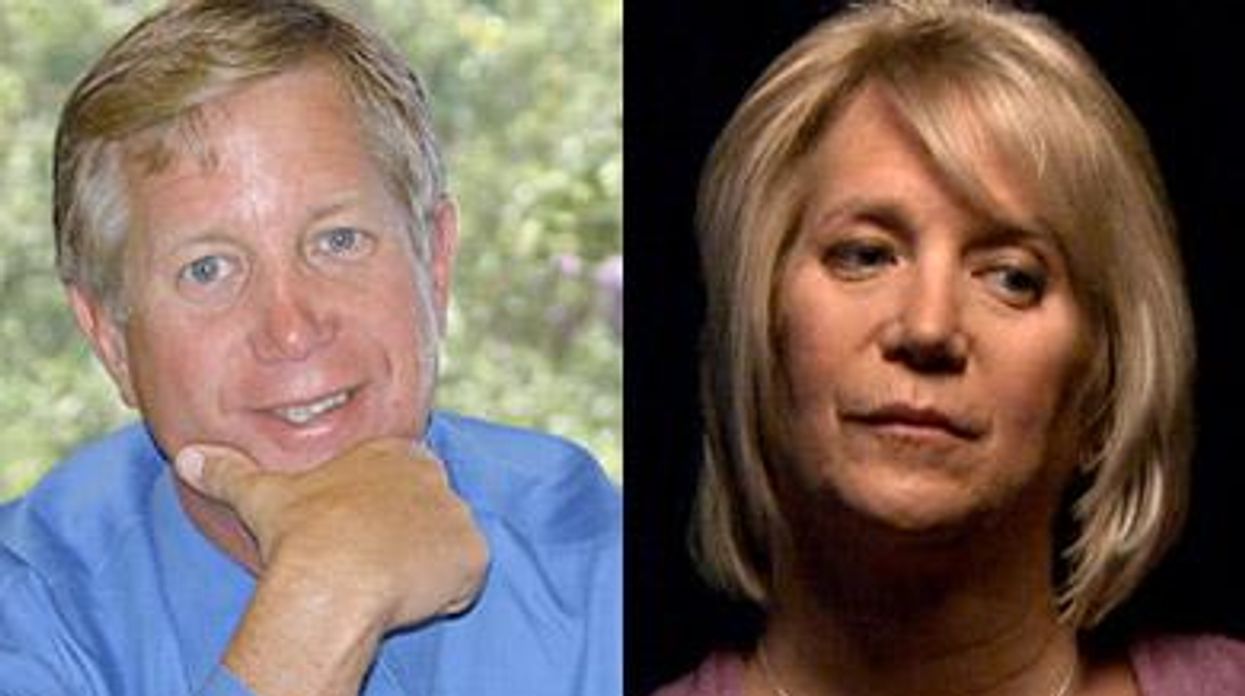






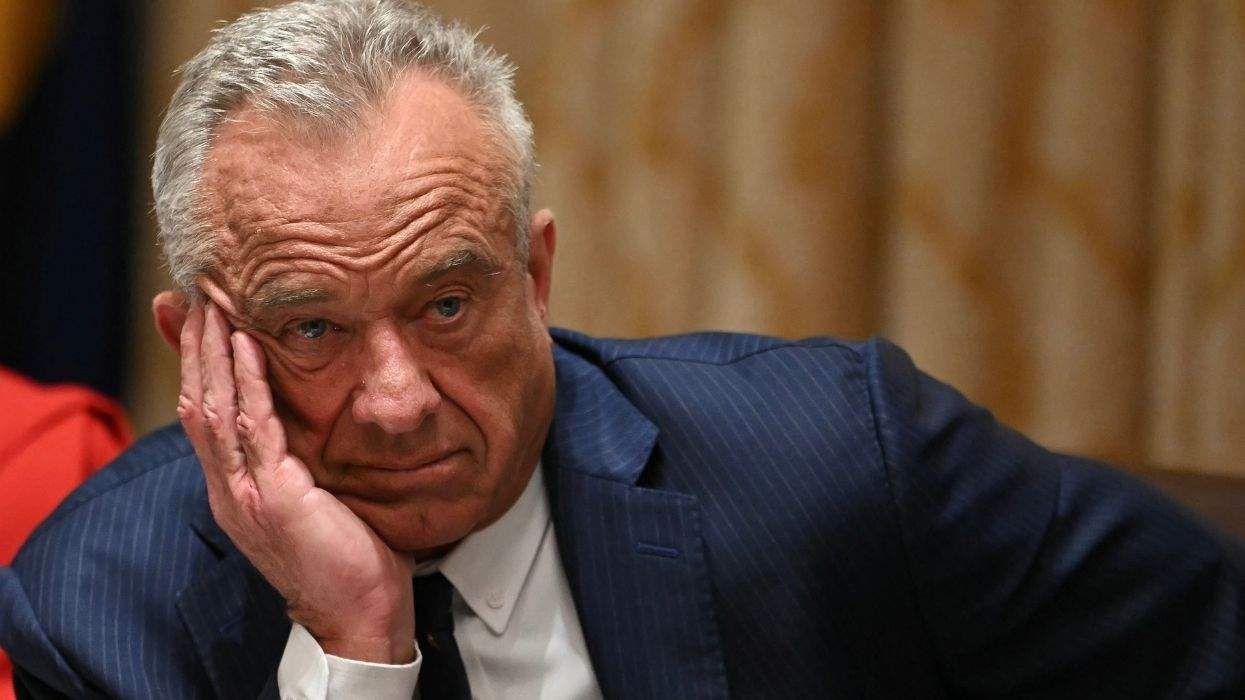

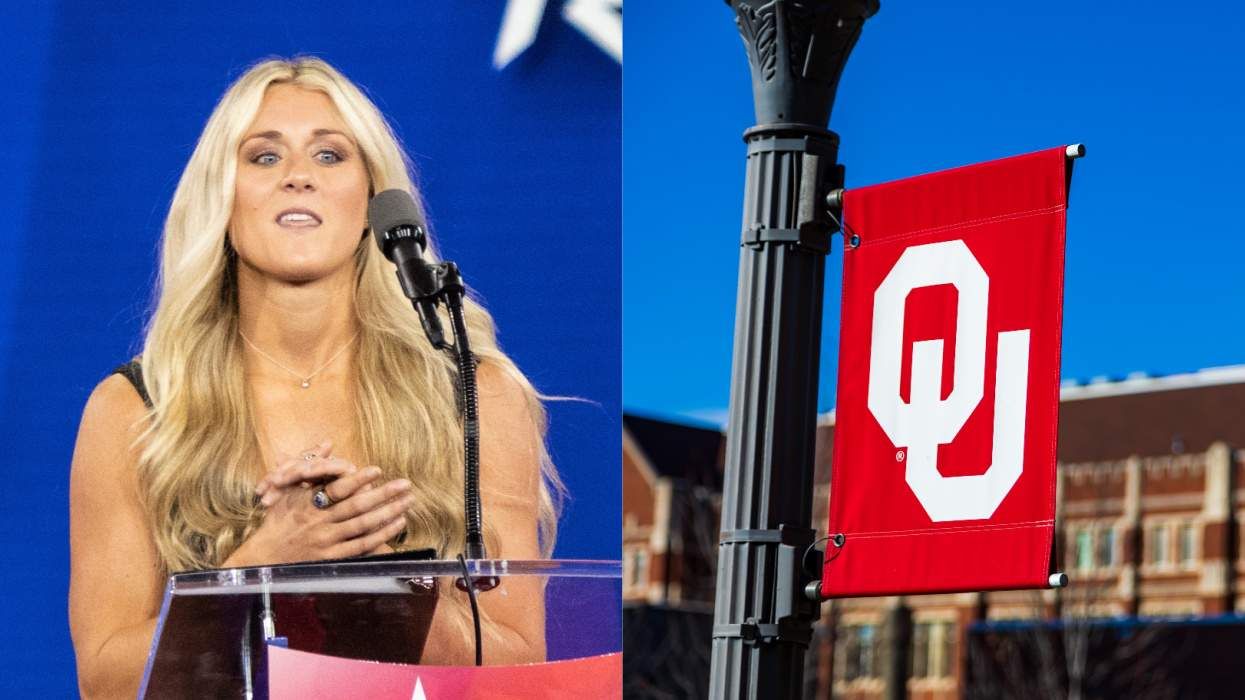


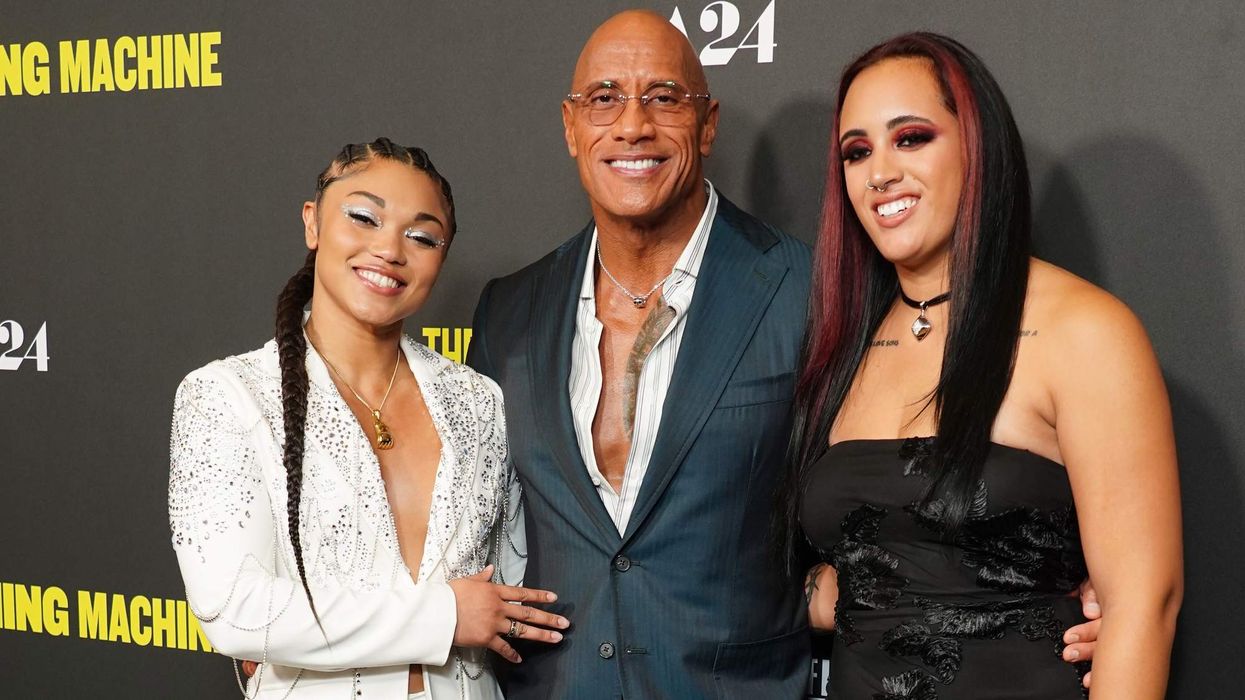
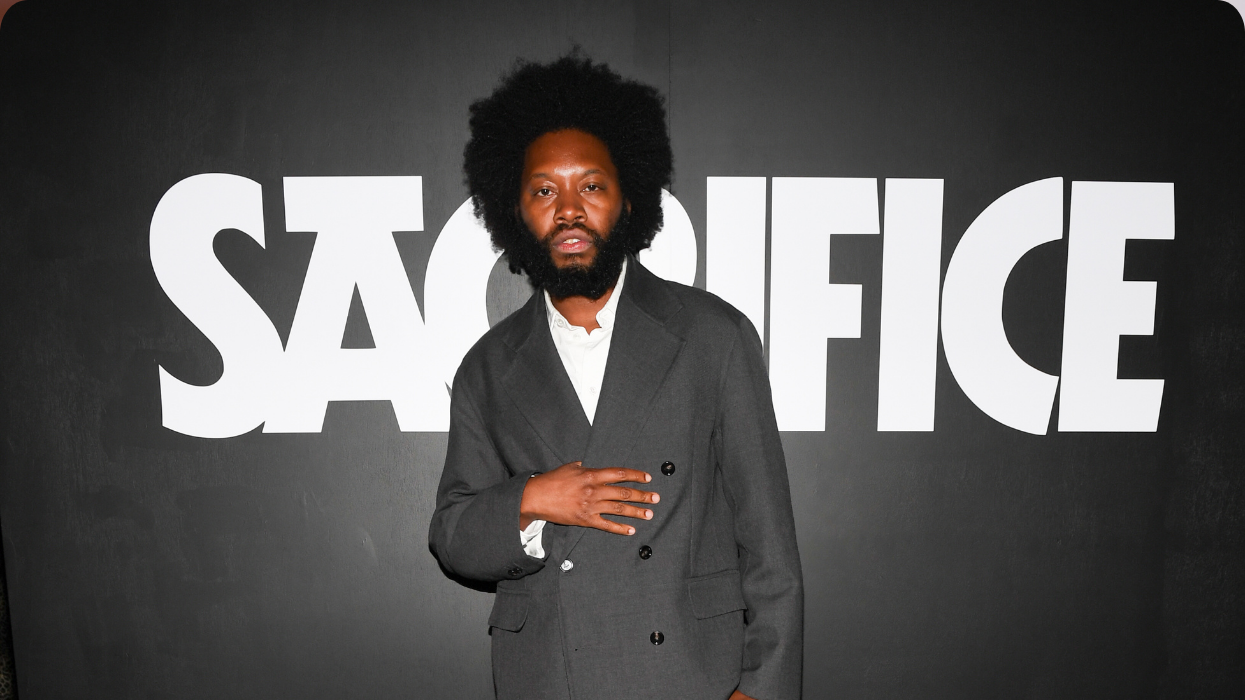
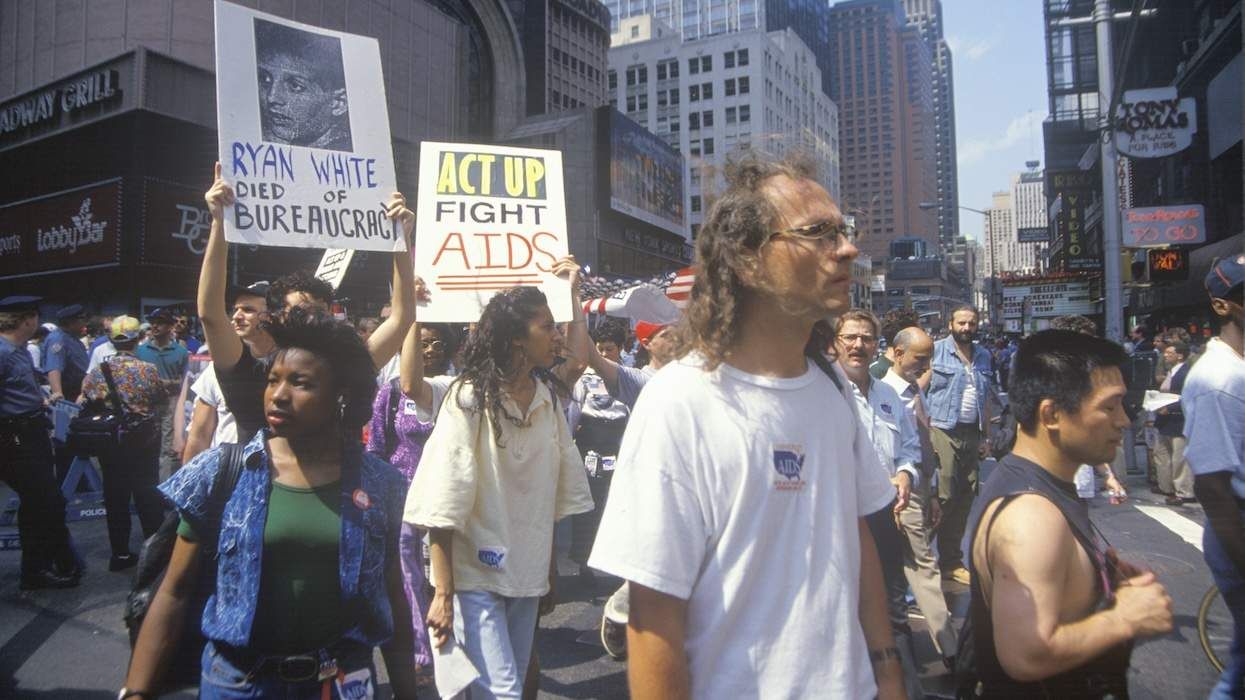
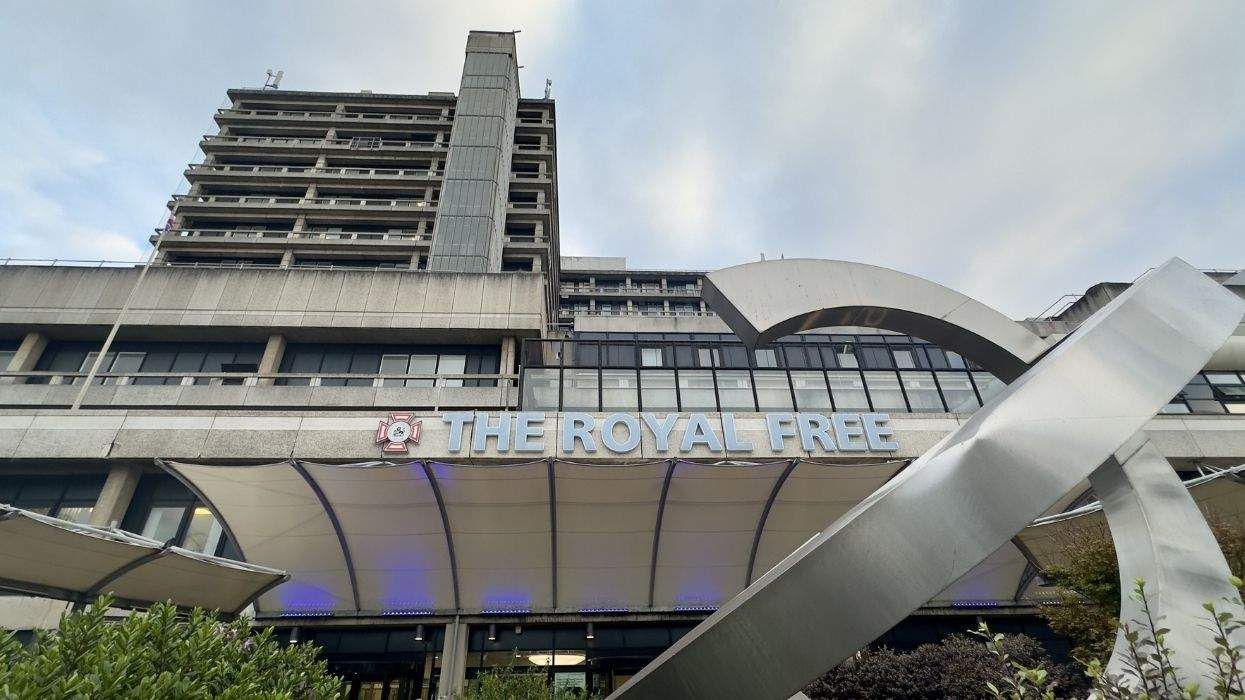

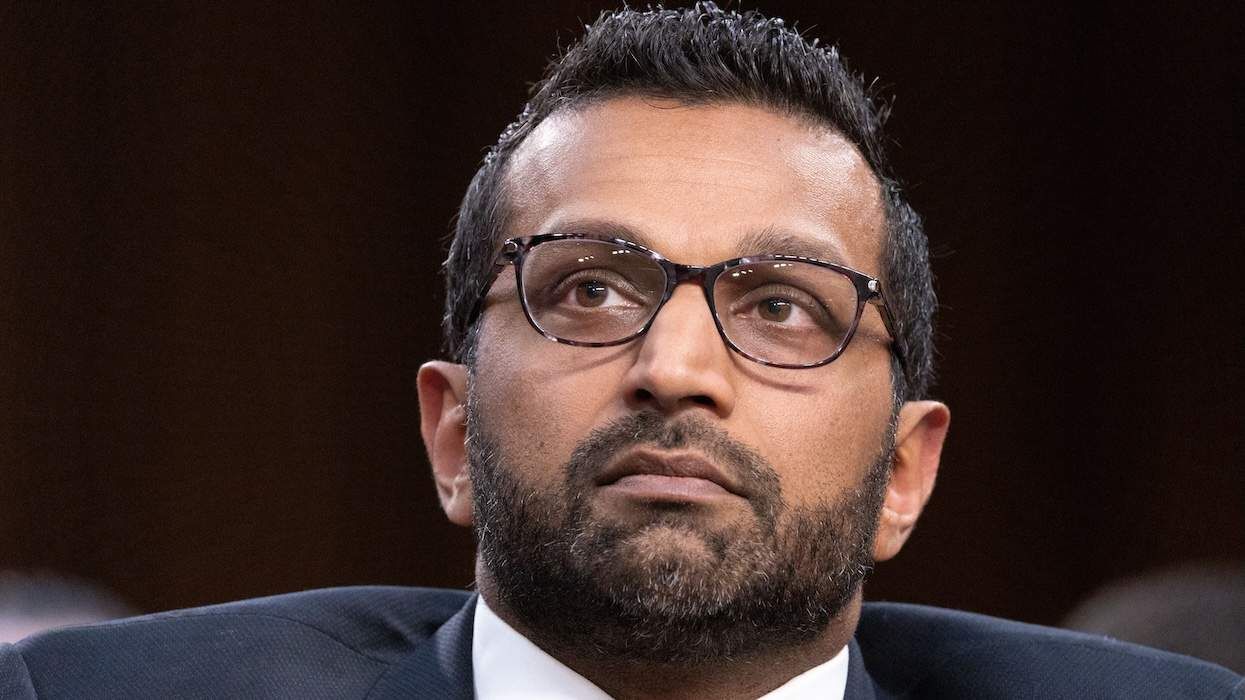
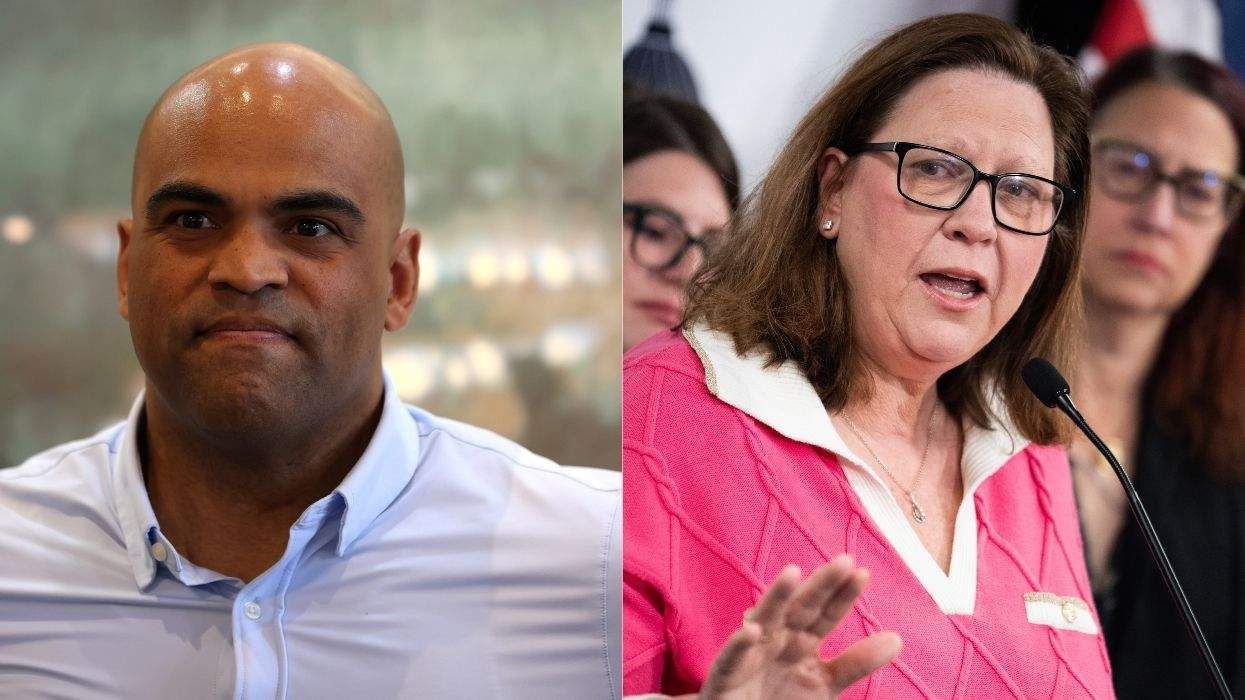


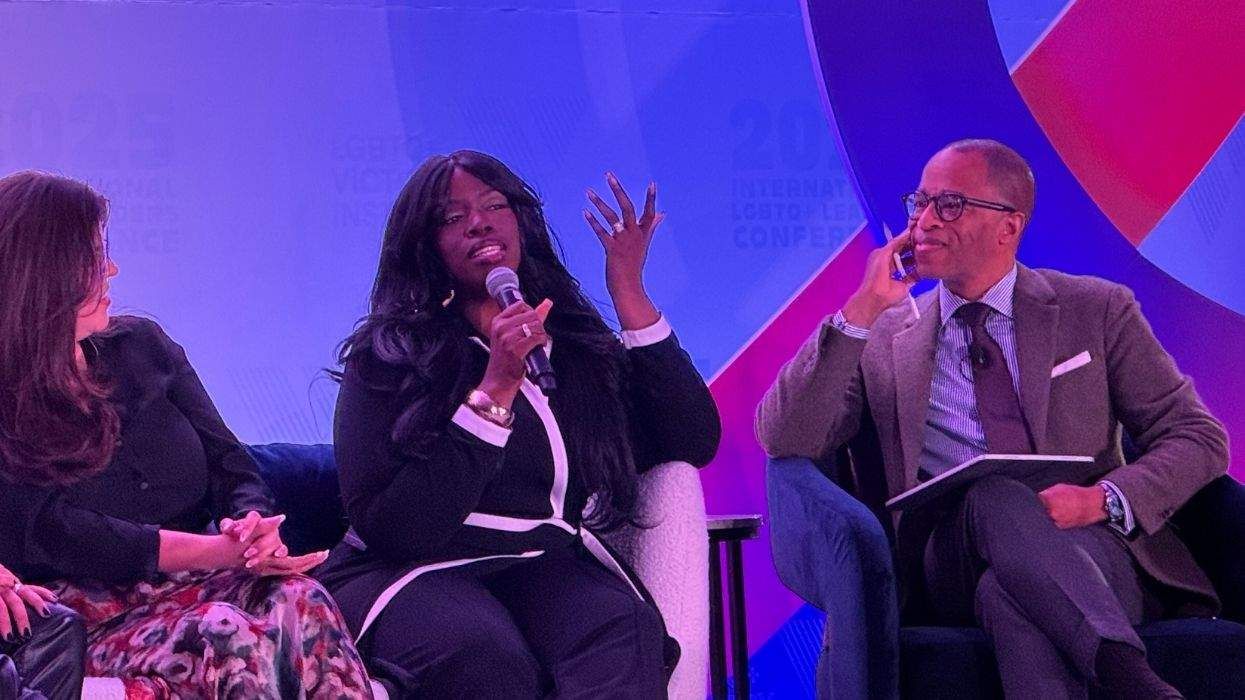
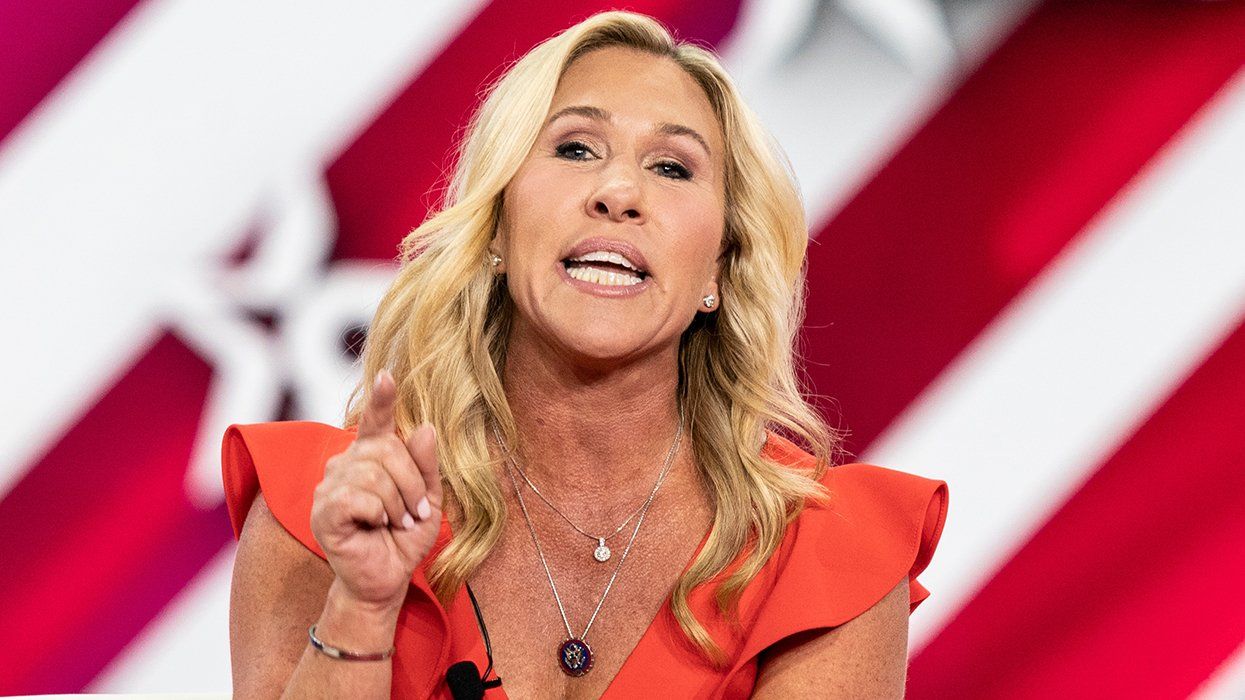
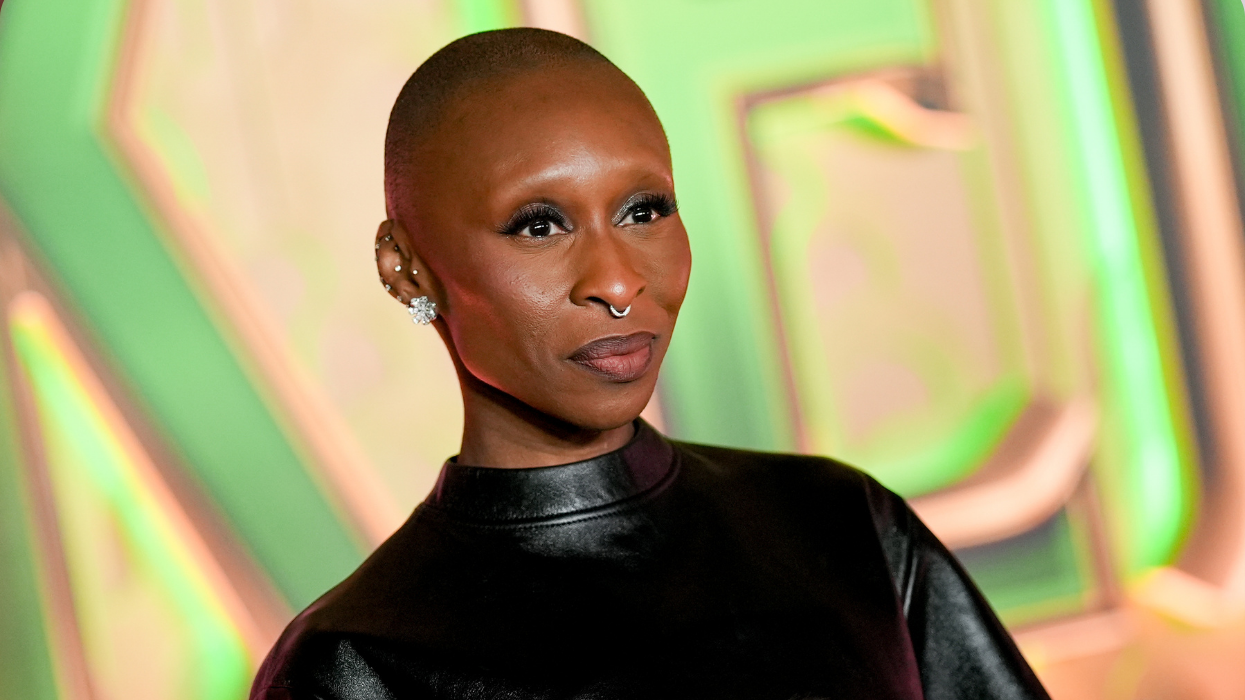

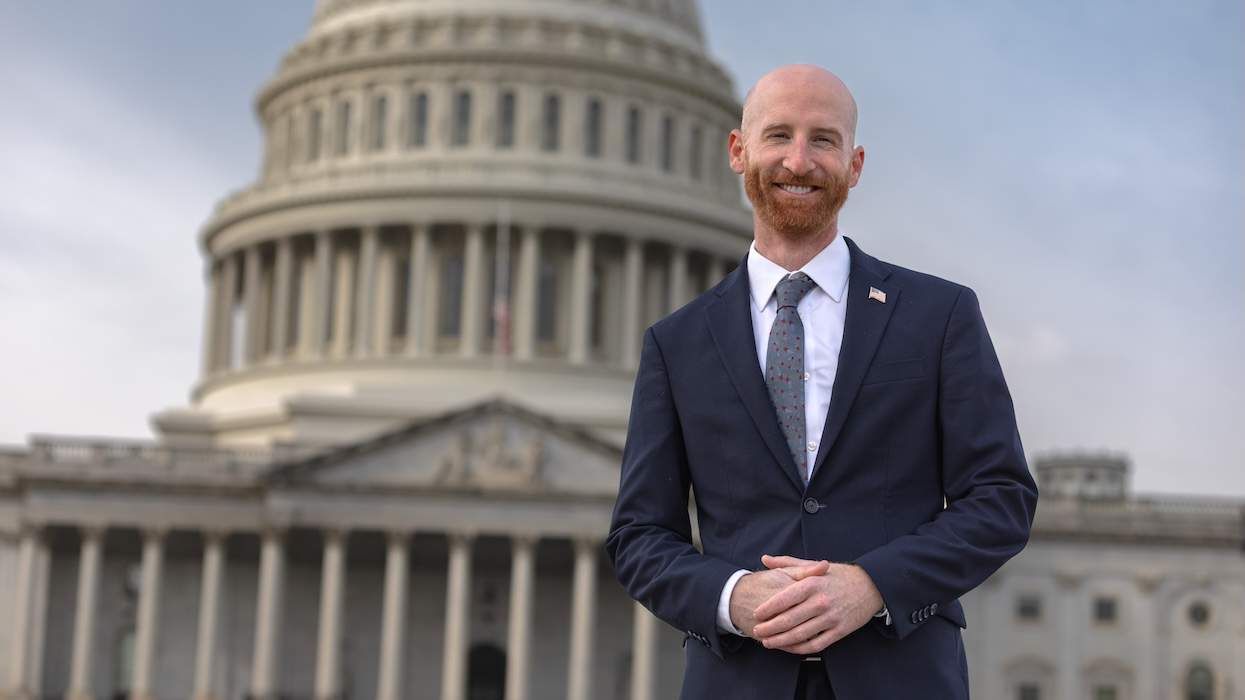
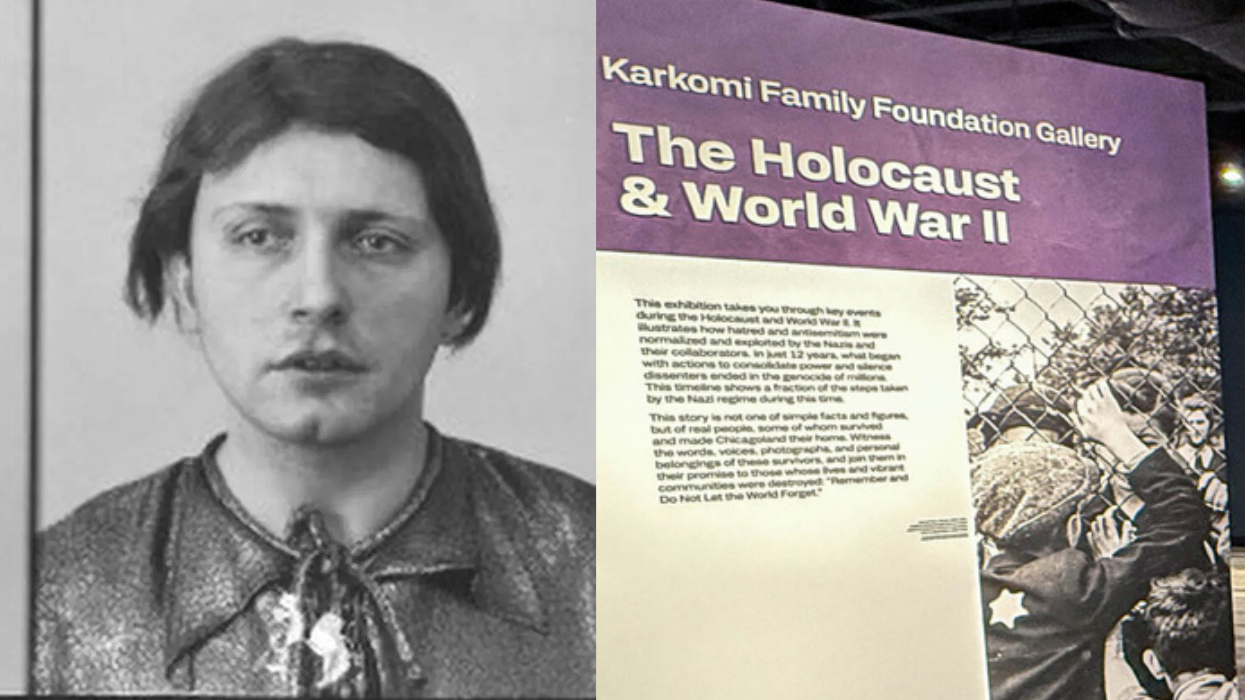






















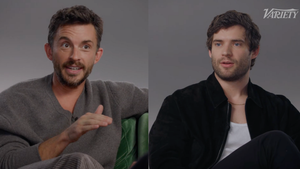





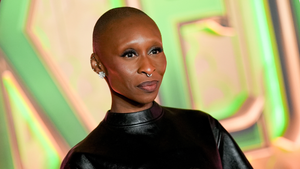
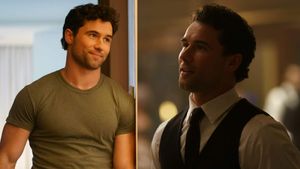










Charlie Kirk DID say stoning gay people was the 'perfect law' — and these other heinous quotes